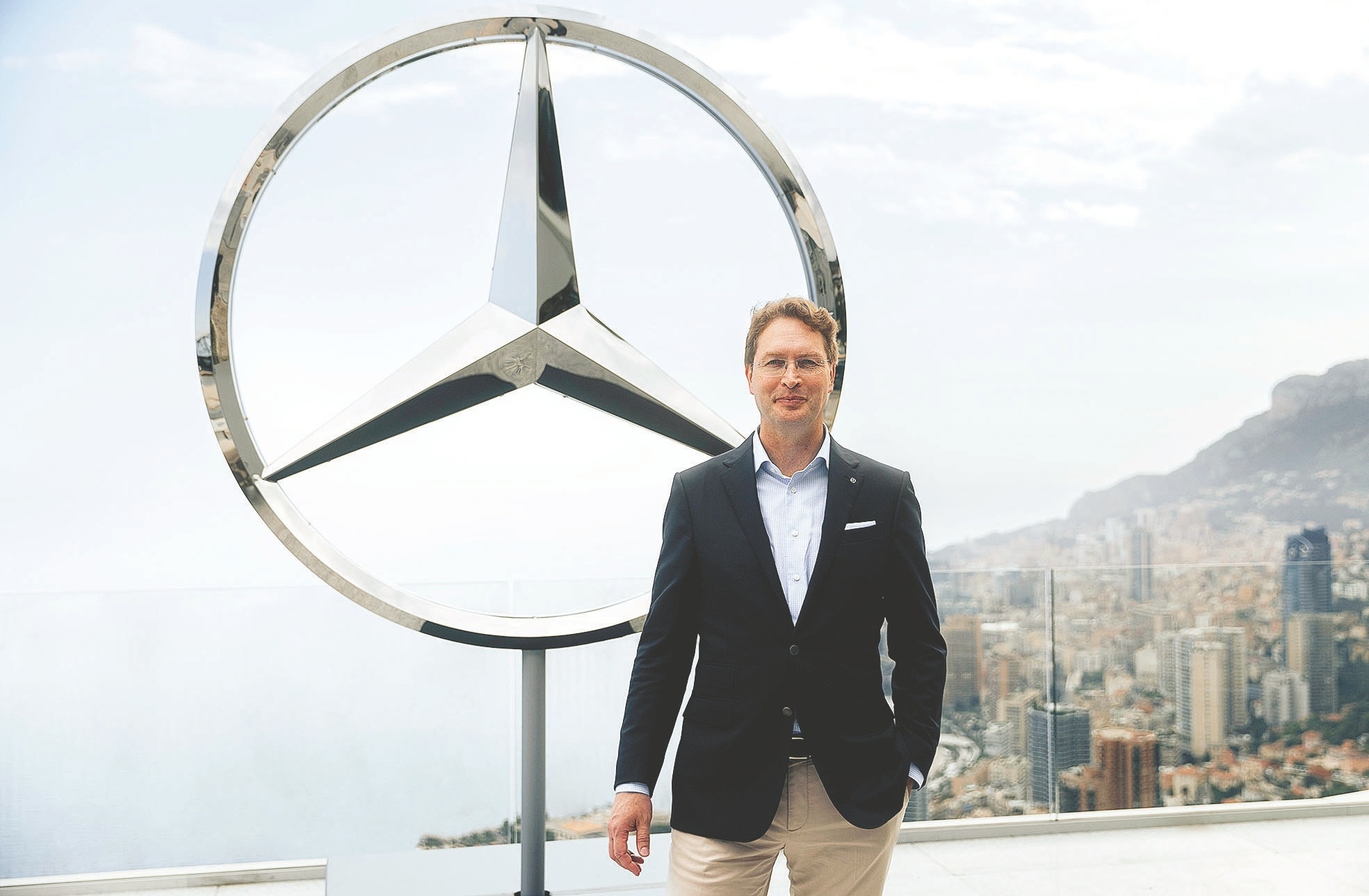
The EU should encourage Chinese car companies to set up plants in Europe and should agree with China to lift tariffs
As negotiations between the EU and China on anti-subsidy duties for electric vehicles have yet to reach a conclusion, the Financial Times reported yesterday that, in an interview with the newspaper, Conlinson, chairman of the board of directors of the German Mercedes-benz group, suggested that the European Union should encourage more Chinese car companies to set up factories in Europe, it also called on Brussels to reach a deal with Beijing to lift tariffs on Chinese electric vehicles.
In October, the EU announced a five-year anti-subsidy duty on electric vehicles imported from China. Conlinson says bluntly: “Don’t accelerate protectionism, because the EU has a lot to lose.” He also recalls the experience of German carmakers when they first entered the Chinese market in the 1980s, at that time, the companies formed joint ventures with Chinese partners, “China’s decades-old requirement for European carmakers to invest at home to gain access to their markets could be part of the resolution of [ the latest ] trade dispute.”.
Conlinson said Chinese companies entering the European market were now also being required to form joint ventures with local companies. “I think these are legitimate conversations,” he said. “But that means you have to open markets and level the playing field as much as possible for the best performers to succeed.”
The Financial Times revealed in November that Brussels was considering requiring Chinese companies to build factories in the EU and share technical know-how in order to qualify for EU green subsidies. BYD is planning to build cars in Ningde, while era recently agreed a lithium-ion battery plant with Sterantis in Spain.
Volkswagen, BMW and Mercedes-benz, Germany’s three biggest carmakers, have big operations in China. China accounts for about 30 per cent of mercedes-benz’s global sales, according to the Financial Times. German car companies have been the most vocal in their opposition to EU protectionist measures for some time, fearing that Beijing would respond in kind, with sales falling as a result of the rise of Chinese car brands, the report said, further sapping Chinese consumers’ appetite for German cars.
“Tariffs will hurt the car industry,” Conlinson said in an interview. Brussels should reach a compromise with Beijing on a deal to lift tariffs on Chinese electric vehicles, he added, china has become an integral part of the global automotive supply chain, involving raw materials, high-end chips and components. “We just want to remind policymakers not to forget what makes us so successful in this complex world,” Conlinson said.
China is considering buying a planned plant in Germany that would allow it to gain influence in the German car industry, Reuters reported Thursday. Volkswagen, long a symbol of Germany’s industrial might, is being challenged by shrinking demand and a slow transition to green technology, the report said.